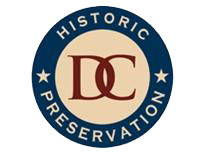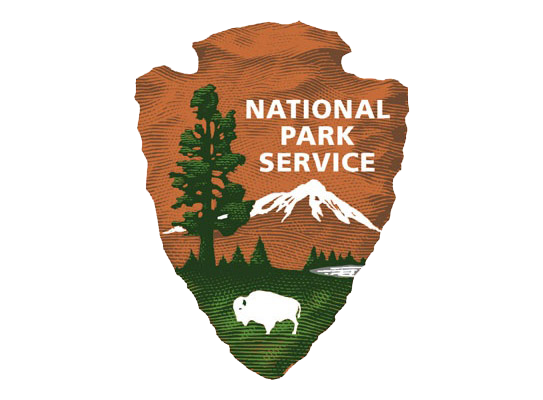African American Cultural Heritage Fund By: Kaila Philo
As a society, we struggle with the concepts of death and loss. Once those realities touch our lives though, we tend to lean into remembrance: through familial altars, commemorative t-shirts, even memorial tattoos. We recognize our late loved ones through physical spaces, cemeteries, with touching gravestones, and bouquets lining the casket buried below.
But for an immeasurable number of Black families, even this basic respect wasn’t extended to their ancestors. Many curious descendants, like Yamona Pierce, have to carry out search expeditions for their family members, constructing retroactive family trees to trace lineages that weren’t carefully written down.
Pierce always had an interest in her family history. In 2019, she and her daughters began constructing a genealogy tree through Ancestry.com and FamilySearch.org, which led to the discovery of their great-great-great grandparents Jane Hamilton and Owen Hood. That August, the Pierces took a trip to Midland, Georgia, to the place where they were interred: Pierce Chapel African Cemetery.
“We never thought it was possible that we would ever identify their final resting place, given the time in which they lived,” Pierce said. “They were both enslaved and emancipated in Harris County, Georgia, and as you know, family members born and living during that time period are very scarce, especially records with their names on them.”
Formerly enslaved Black Americans weren’t regularly recorded in U.S. records until the Freedmen’s Bureau was established in 1865. The majority of the time, enslaved Black people were buried in unmarked graves, signaled only by flora planted by their loved ones, and verbal instructions like “Papa Hank was buried over there by the cherry tree to the right or by the pond to the left.”
The Gifts of Our Ancestors
Pierce Chapel African Cemetery was a more formal burial ground established between 1828 and 1834, depending on the source. The cemetery held the bodies of up to 500 enslaved Africans from plantations around Harris County, Georgia. The lot has maintained a bevy of natural flora over hundreds of years, spotted with yucca, periwinkle, and daffodils left by ancestors past.
“It speaks to the gifts our ancestors left that we could connect their storied journeys and what they left here with us to understand more about who we are and where we came from,” Pierce said. But by the time she encountered the lot, it had fallen into disrepair.
“It was a wooded lot. There was no signage. And the cemetery had just been desecrated,” she told a local news station in 2023. But the cemetery had also been damaged by nearby utility companies using heavy equipment that left some remains exposed to the elements.
So, Pierce founded the Hamilton Hood Foundation, a historical preservation project led by descendants of other families interred at Pierce Chapel. And they began cooperating with other organizations to renovate and beautify the cemetery for the next generation.
Pierce Chapel was included on the National Trust for Historic Preservation’s 2023 list of America’s 11 Most Endangered Historic Places, which focused on communal ties to the sites on display: “What unites these locally led efforts is that they empower communities to use their unique pasts to shape their own futures.” This effect is aptly illustrated in the Hamilton Hood Foundation’s collective efforts to both rehabilitate the cemetery and convey its significance in local history.







